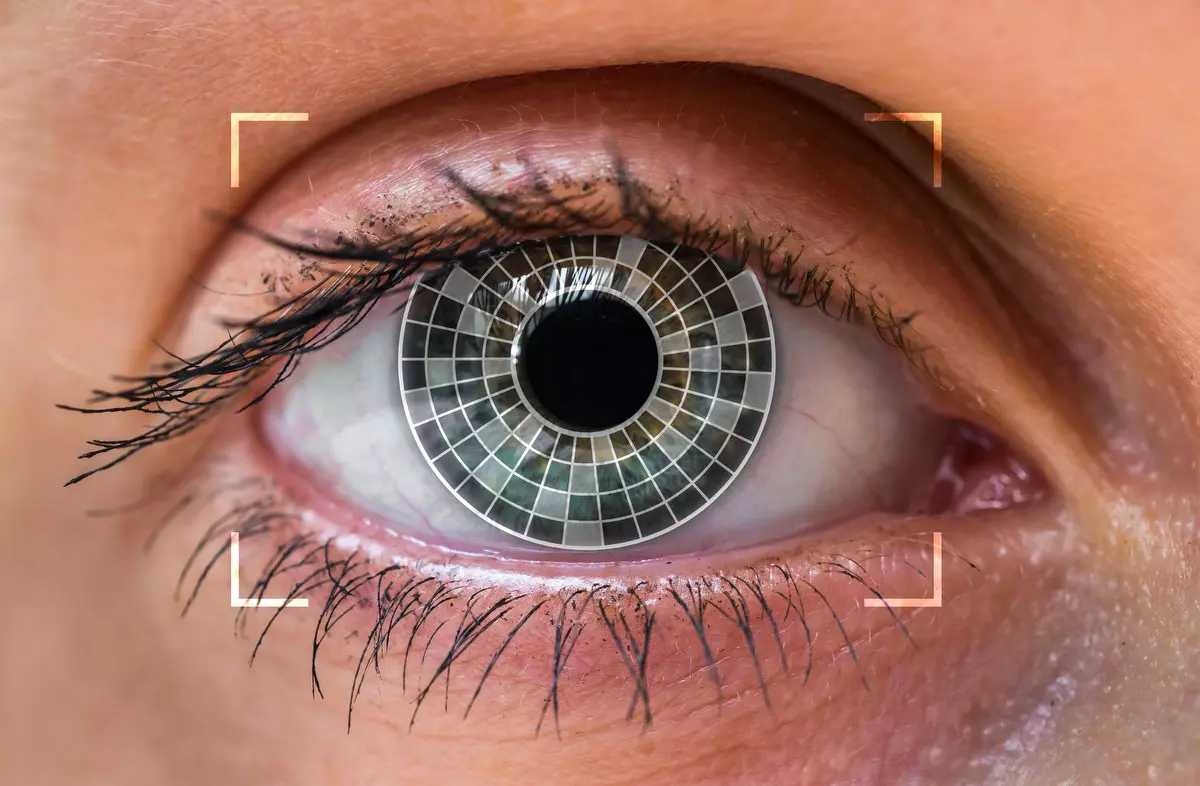What privacy laws impact the use of AI training data
GDPR stands for General Data Protection Regulation, which is a regulation in the European Union (EU) that came into effect on May 25, 2018. The GDPR replaces the 1995 EU Data Protection Directive and provides more comprehensive and updated rules for the protection of personal data of EU citizens. The regulation aims to give individuals more control over their personal data and to ensure that organizations that process personal data do so in a transparent and responsible manner.
BIPA stands for Biometric Information Privacy Act, which is a law in the state of Illinois in the United States. BIPA was enacted in 2008 to regulate the collection, use, and storage of biometric information, such as fingerprints, facial recognition, and iris scans. The law requires companies that collect and store biometric information to obtain written consent from individuals and to provide specific information about how the information will be used and stored. The law also gives individuals the right to sue companies that violate their privacy rights under BIPA.
The General Data Protection Regulation (GDPR) is important for several reasons:
1. Protection of Personal Data: GDPR aims to protect the privacy and personal data of European Union citizens. It provides individuals with greater control over their personal data, ensuring that it is not used without their explicit consent and that it is kept secure.
2. Accountability and Transparency: GDPR requires companies to be accountable and transparent in how they collect, store, and use personal data. Companies must provide individuals with clear information on what data is being collected, how it is being used, and with whom it is being shared.
3. Fines and Penalties: The GDPR imposes significant fines and penalties for non-compliance. This includes fines of up to 4% of a company’s global annual revenue or €20 million (whichever is greater), which can be a substantial deterrent for companies that may be tempted to flout the regulation.
4. Global Impact: GDPR has a global impact, as it applies to any organization that collects or processes the personal data of EU citizens, regardless of where the organization is based. This means that even companies based outside of the EU must comply with GDPR if they are processing the personal data of EU citizens.
Overall, the GDPR is important because it establishes a high standard of data protection and privacy that benefits individuals, and encourages companies to be more transparent and accountable in how they handle personal data.
What is the risk for AI companies
Several AI companies have been sued over privacy concerns. Here are a few examples:
1. Clearview AI: The facial recognition startup has faced multiple lawsuits over its collection and use of facial data from social media platforms without users’ consent.
2. Google: The tech giant has faced several privacy lawsuits, including a class-action lawsuit over the unauthorized collection of users’ location data through its Android operating system.
3. Facebook: The social media giant has been sued multiple times over privacy concerns, including the Cambridge Analytica scandal, in which the company allowed a political consulting firm to harvest data from millions of users without their consent.
4. Amazon: The company has been sued over privacy concerns related to its Alexa voice assistant, which some claim can listen in on conversations without users’ knowledge or consent.
5. Zoom: The video conferencing platform faced several lawsuits over privacy concerns, including claims that it shared users’ data with third parties without their consent.
It’s worth noting that privacy concerns are not unique to AI companies, and many tech companies have faced similar lawsuits over the years.
Consequently, organizations that handle datasets must take appropriate measures to protect the privacy and confidentiality of the data they handle, particularly if the data contains personally identifiable information.
Your protection when using Dataset Shop images
At the Dataset Shop we take GDPR and BIPA compliance very seriously.
Some of the key ways we manage privacy when handling datasets include:
- Access controls: We limit access to the dataset to only those who need to use it for legitimate purposes. This can help to prevent unauthorized access to the data and protect its privacy.
- Data security: We have security measures, such as encryption, to protect the data from unauthorized access, theft, or loss.
- Privacy policies and practices: We have clear policies and practices for handling datasets, including how data is collected, stored, and used. Our policies are communicated to employees and customers, and comply with applicable laws and regulations.
- Consent: We obtain explicit consent from individuals before using their data for any specific purpose. This helps to ensure that individuals are aware of how their data will be used and have given their consent to the data usage.
It’s important to note that privacy management can be complex and depend on the specific context of the organization and the dataset in question. Therefore, it’s recommended that organizations consult with privacy experts and legal counsel to develop appropriate privacy policies and practices.



